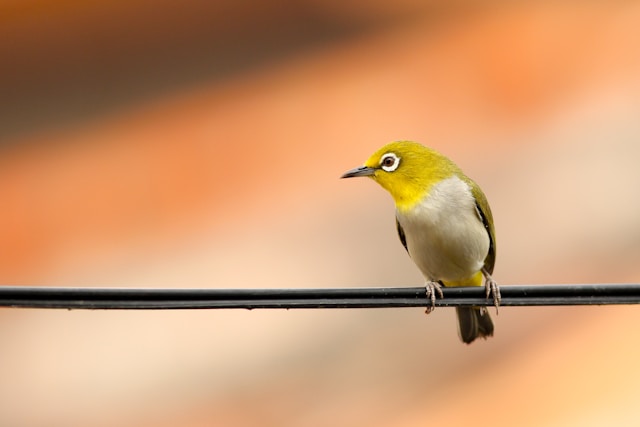Introduction
Birdwatching, also known as birding, has emerged as a powerful tool for promoting ecotourism in New Zealand. With its diverse landscapes and unique avian biodiversity, New Zealand offers birdwatchers an unparalleled experience. This article delves into how birdwatching contributes to ecotourism in New Zealand, highlighting key aspects such as conservation efforts, economic impacts, and popular birdwatching destinations across the country.
Conservation Efforts
Birdwatching in New Zealand often intertwines with conservation efforts. Many birdwatching tours and activities are organized in collaboration with local conservation organizations and authorities to promote awareness and fund conservation projects. For instance, sanctuaries like Tiritiri Matangi Island rely on ecotourism income from birdwatching tours to support habitat restoration and predator control programs aimed at protecting endangered bird species such as the kiwi and the takahe.
Economic Impacts
The economic benefits of birdwatching in New Zealand are substantial. Birdwatchers contribute to local economies through expenditures on accommodation, food, transportation, and guided tours. The growth of birdwatching as a niche tourism segment has led to the development of specialized tour operators, birding lodges, and eco-friendly accommodations that cater specifically to birdwatchers. This influx of tourism revenue not only supports local businesses but also fosters a greater appreciation for natural landscapes and wildlife conservation among visitors.
Popular Birdwatching Destinations
New Zealand’s diverse ecosystems offer a plethora of birdwatching opportunities. From the dense forests of Fiordland National Park to the coastal wetlands of Miranda, each region hosts a unique array of bird species. The North Island’s Kapiti Island is renowned for its population of rare and endangered birds, including the flightless takahe and the little spotted kiwi. Similarly, the South Island’s Otago Peninsula attracts birdwatchers with its colonies of royal albatross and yellow-eyed penguins.
Conclusion
Birdwatching plays a vital role in promoting ecotourism in New Zealand by combining conservation efforts with economic benefits. As visitors flock to the country’s diverse landscapes to observe its unique birdlife, they contribute to local economies and support conservation initiatives that preserve habitats for future generations. By embracing birdwatching as a sustainable tourism activity, New Zealand continues to showcase its commitment to environmental stewardship and biodiversity conservation on a global scale.
